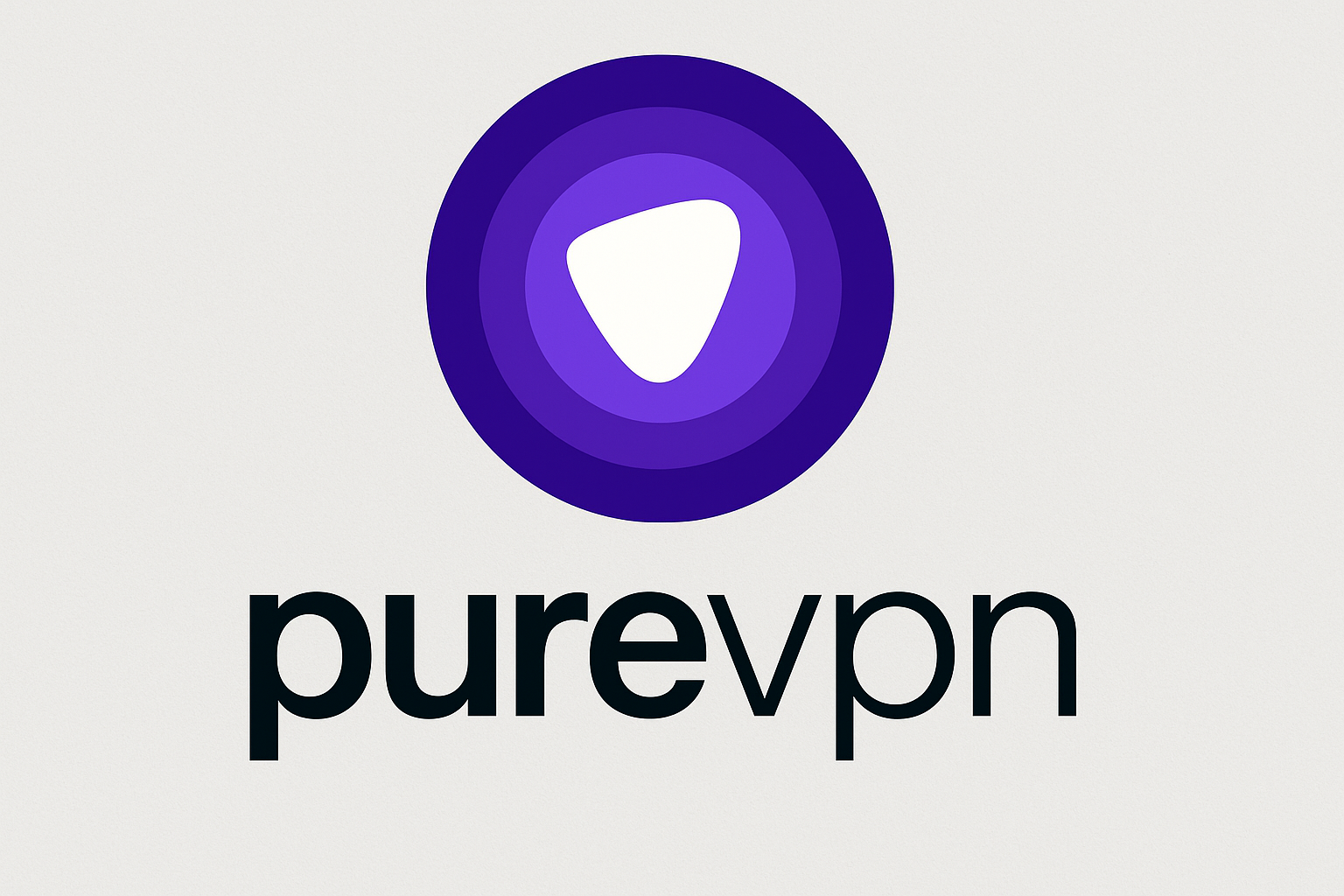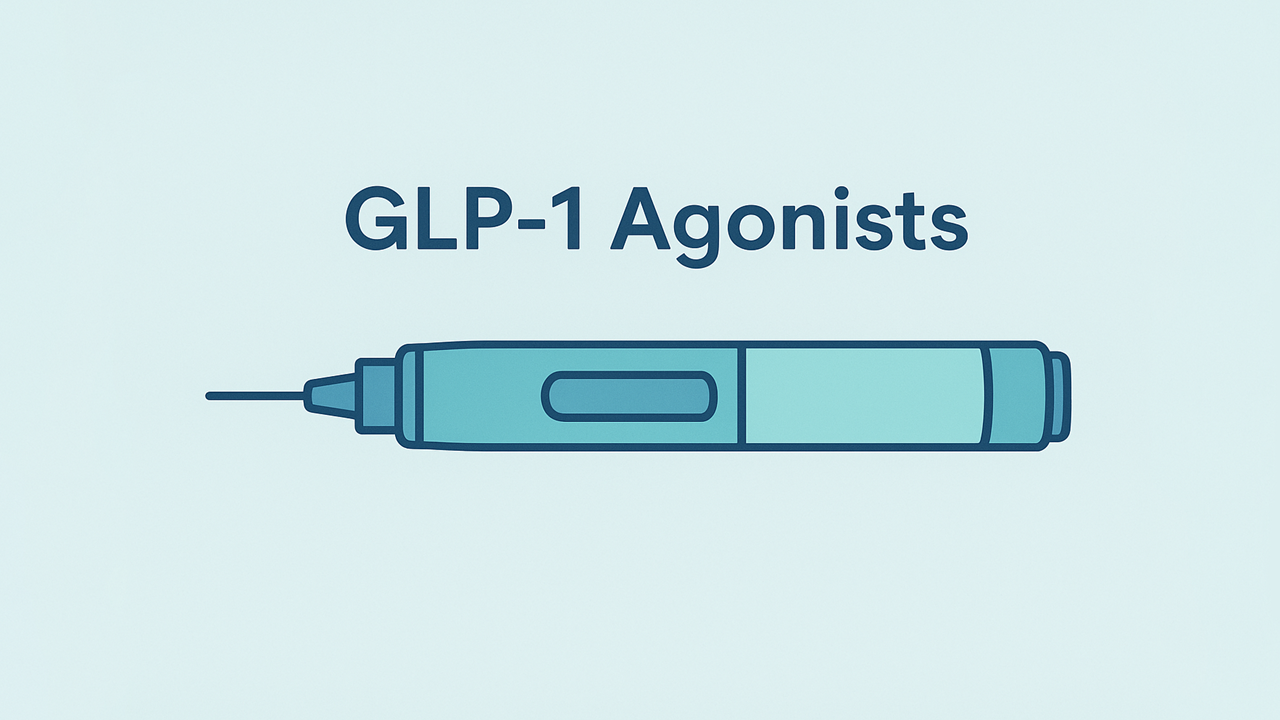Secure Your Online Privacy with These VPN Services
Choosing the right VPN can transform your online experience, from protecting sensitive data to unlocking geo-restricted content. In today’s interconnected world, many people rely on a VPN for privacy, security, or streaming convenience. But with so many names—PureVPN, NordVPN, Windscribe, IPVanish, ProtonVPN, and Surfshark—it's easy to feel overwhelmed. Each offers its own blend of features, price points, and extras, so sorting out which one might fit best for your lifestyle or work can be a challenge.
Why Use a VPN?
Enhanced Security: VPNs create a secure, encrypted “tunnel” for your internet traffic, making it significantly harder for cybercriminals to intercept your personal information. This is especially important when connecting to public Wi-Fi in places like coffee shops, airports, or hotels.
Privacy Protection: Many internet service providers track and log your online activities. A reliable VPN helps keep your browsing history private, preventing ISPs, websites, and advertisers from building a detailed profile of your habits.
Bypass Geo-Restrictions: Ever tried to watch a show or access a website only to find it’s blocked in your region? A VPN allows you to connect through servers around the world, unlocking content and services that might otherwise be off-limits.
Maintain Anonymity: By hiding your real IP address, a VPN makes it harder for prying eyes to link online actions to your identity. This extra layer of anonymity is invaluable if you want to keep your digital footprint under wraps.
We’ve taken a close look at the best standout VPNs, focusing on critical factors like speed, reliability, and advanced functionality. Whether you’re eyeing a simple plan to unblock favorite shows, or a robust solution for multi-device encryption, these providers offer solutions to a wide range of needs. No-logs commitments, multi-hop routing, unlimited connections—these are just a few reasons they consistently top industry rankings and user reviews.
Below, you’ll find a condensed but comprehensive look at each VPN. We’ll highlight essential features such as server networks and encryption protocols, plus note any lingering privacy controversies. Just remember, while all these options deliver a solid layer of protection, your personal habits and goals—like frequent torrenting, multi-device usage, or advanced privacy—might push one VPN to the top of your list. Let’s dive into the details.
| VPN & Pricing Overview | ||
| VPN | Pricing | Website |
| PureVPN |
Starting at ~$2.03/month (28‑month plan) |
Learn More |
| NordVPN |
Starting at ~$3.39/month (2‑year plan) |
Learn More |
| ProtonVPN |
Free tier available; paid from ~$4.99/month (2‑year plan) |
Learn More |
| IPVanish |
From $2.19/month (2‑year plan; unlimited devices) |
Learn More |
| Windscribe |
Free 10 GB plan; Pro from ~$5.75/month (yearly plan) |
Learn More |
Top VPN Services to Consider
PureVPN keeps prices low while packing in security features. It has a massive server list (over 6,500 servers in 70+ countries) and a zero-logs policy audited by external firms—though past controversies about log-sharing have caused some to remain cautious. With dedicated modes for streaming and business use, plus optional add-ons like password managers and data-breach monitoring, PureVPN caters to both casual and power users. Its multi-tier system (Standard, Plus, Max) is flexible, and extremely discounted long-term plans make it budget-friendly. The service’s Hong Kong roots, now anchored in the British Virgin Islands, also shape its approach to privacy, which has improved considerably with multiple outside audits.
Pros
Large, globally distributed server network
Affordable multi-year plans; strong discount rates
Includes extra privacy tools like data leak monitors (higher tiers)
No-logs stance is re-audited regularly
Cons
Historical privacy mishaps still cause hesitation
Hong Kong ties may raise jurisdiction questions
Inconsistent unblocking success on some streaming platforms
Pricing structure can be confusing, especially at renewal
NordVPN is renowned for its security depth and wide coverage, boasting 7,400+ servers worldwide. Based in privacy-friendly Panama, NordVPN has multiple independent no-logs audits under its belt, along with advanced features such as Double VPN (multi-hop) and Onion over VPN. It’s especially noted for blazing speeds—thanks in part to its NordLynx protocol—and an easy-to-use interface that novices appreciate. NordVPN also integrates seamlessly with its broader lineup (NordPass, NordLocker) for a complete security suite. Its two-year plan is attractively priced, though the monthly and renewal rates can be higher than average.
Pros
Top-tier security (AES-256, double VPN, robust kill switch)
Fast and reliable for streaming, gaming, or torrenting
Independently audited no-logs policy and great reputation
Excellent multi-platform support, including specialized servers
Cons
Subscription renewals jump to a higher price after first term
Limited to six simultaneous connections
Dedicated IP addresses cost extra
Some advanced settings may overwhelm absolute beginners
ProtonVPN is an offshoot of the respected ProtonMail, operating from Switzerland for maximum legal privacy. It prioritizes security above all: open-source apps, a proven no-logs approach, multi-hop Secure Core routing, and Tor over VPN support. Its free plan is unique in offering unlimited data (with limited speeds and servers). Paid tiers support up to 10 devices, “10 Gbps” servers, and advanced NetShield filtering. Proton’s synergy with ProtonMail, Drive, and Pass appeals to those wanting an integrated privacy ecosystem. It’s not the cheapest solution, however, and streaming or server coverage might lag behind bigger competitors.
Pros
Swiss jurisdiction plus open-source apps for serious privacy
Secure Core (double-hop) and Tor integration
Outstanding free plan: unlimited data in 3 regions
Part of Proton’s broader privacy suite (Mail, Drive, etc.)
Cons
Paid tiers cost more than many rivals
Prorated refund policy, not a full 30-day guarantee
Smaller server network than top mainstream VPNs
Speeds can drop significantly on multi-hop/secure servers
IPVanish has been on the market for a decade, prized for its strong network backbone and unmetered simultaneous connections. Headquartered in the United States, it once faced negative press over logs provided to authorities, but ownership and policies have since changed. Independent audits confirm a no-logs environment now. IPVanish’s server network spans 2,000+ servers across 75+ locations, offering impressive speeds for streaming and P2P. A user-friendly interface helps novices, and advanced security measures like robust kill switches and obfuscation modes serve more serious needs. Competitive multi-year pricing sweetens the deal—though renewal rates climb significantly.
Pros
Unlimited devices per subscription
High-performance servers and advanced configurations
Newly verified no-logs status post-audit
Good streaming and torrenting consistency
Cons
Past logging controversies still overshadow trust for some
US-based (potential data-sharing concerns)
Price jumps significantly on renewal
No dedicated IP add-on
Windscribe is a Canada-based VPN known for its generous free tier (10 GB/month) and flexible custom-build plans. It supports an unlimited number of devices, which is unusual among VPNs, and has open-source desktop and mobile apps. Key features include a robust ad/tracker blocker (R.O.B.E.R.T.), plus built-in split tunneling and double-hop configurations. While it lags bigger players in server count, it has enough global coverage to satisfy most casual users. Power users love its advanced controls, but it can demand some technical familiarity, especially for expansions like port forwarding or its command-line usage.
Pros
One of the best free VPN plans (10 GB/month, no ads)
No device limit on the paid “Pro” plan
Privacy-focused, open-source code, independent audits
Allows custom “Build-A-Plan” for specific countries
Cons
Smaller server fleet can slow speeds at peak times
Streaming access is inconsistent, especially on free tier
Canada jurisdiction (Five Eyes) might concern some privacy purists
Support is ticket-based; no real-time chat for complex issues









